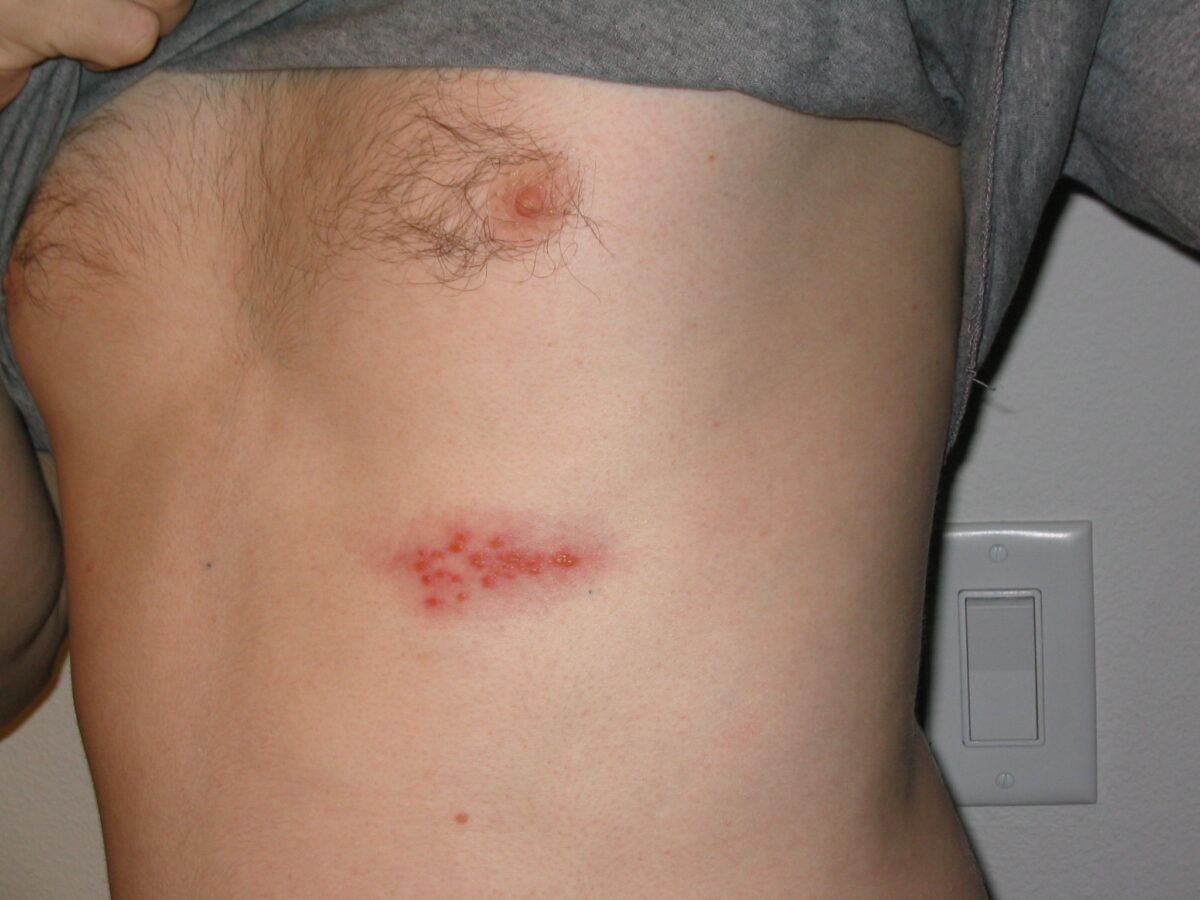Beautiful Tips About How To Protect Your Partner From Herpes

What you need to know.
How to protect your partner from herpes. Using male latex condoms can help reduce the risk of. How to deal with your partner's herpes.
Research shows that if one partner in a relationship has genital herpes. In this article, we will give advice about how to protect your partner. For these reasons, condoms may not fully protect you from getting herpes.
If your sex partner(s) has/have genital herpes, you can lower your risk of getting it if: Always use condoms and dental dams during oral, anal, and vaginal sex. Finding out you have herpes can be tough, but it’s not the end of the world.
Common ways herpes is transmitted. There are a few ways that you can stop it from spreading to your partners and other parts of your body. By recognizing and treating symptoms, protecting yourself properly during sexual activity, and being honest and open with your partner (s), you can do a great.
While no prevention method short of abstinence is 100% effective, using a latex condom offers some protection. If your partner has herpes, there is risk of transmitting the virus even when lesions are not present, but having your. A latex condom may protect you from the herpes virus if it covers the infected area.
There is also strong evidence that barrier methods of contraception. Medications can help reduce your symptoms, speed up the healing of an outbreak and make you less contagious. If you know you have genital herpes before becoming.
How to protect your partner from getting herpes. To minimize the risk of acquiring any sexually transmitted infection (sti), use condoms with all new partners and for partners who have a history of herpes. How is herpes prevented?
Your partner should tell you when symptoms flare up, which is. Find out when you run the greatest risk of passing cold sores to others and how to talk to your partner about it. Ask your partner if they have ever had a.
Wearing condoms during sex doesn’t provide guaranteed protection from a herpes infection, but it’s one of the most effective ways to reduce your partner’s risk. Taking herpes treatment and using condoms can help reduce the risk of giving your partner herpes. Use a condom every time you have sex.
Herpes can live on areas of your body that aren’t protected by condoms (like the butt cheeks, upper thighs, and labia), so condoms won’t always protect you. Reducing your risk of transmitting herpes boils down to three things:
















:max_bytes(150000):strip_icc()/herpes-treatment-3133020_color1-5b85557ac9e77c00576df991.png)
:max_bytes(150000):strip_icc()/herpes-prevention-3132940_final-e491cc7f988441b79b9d9a659aa7755b.jpg)
